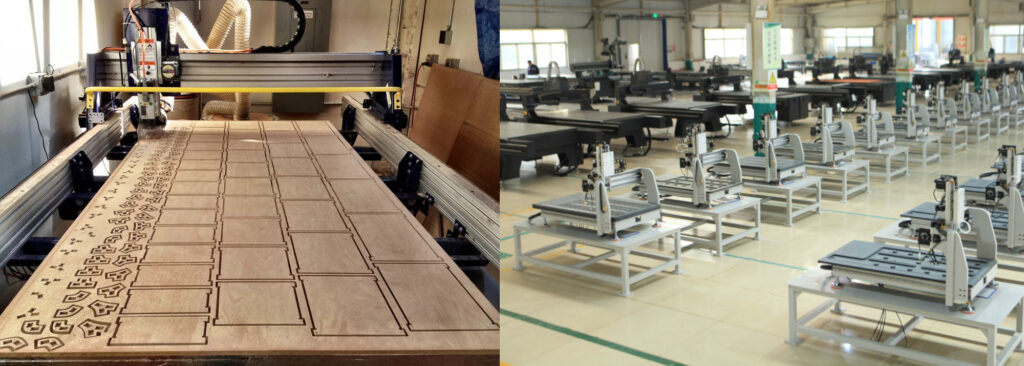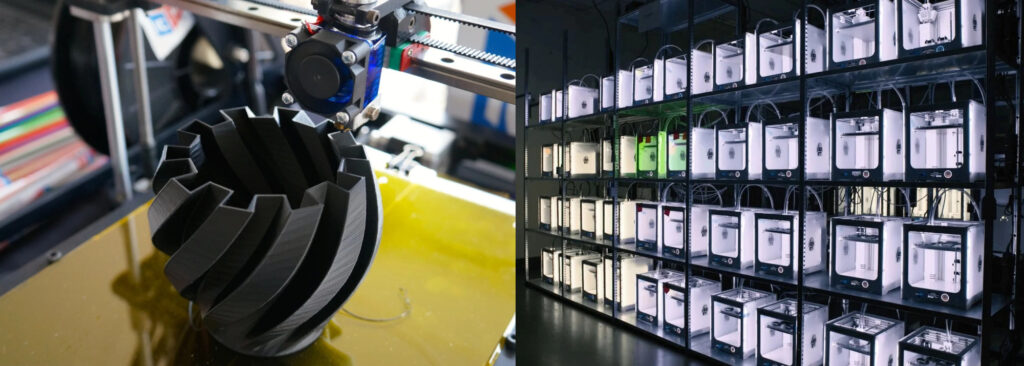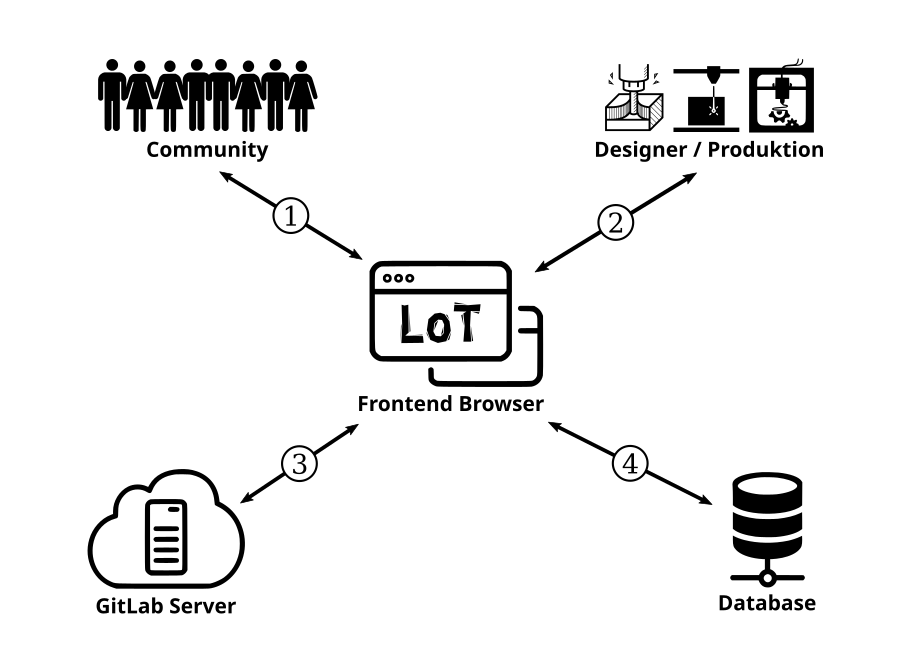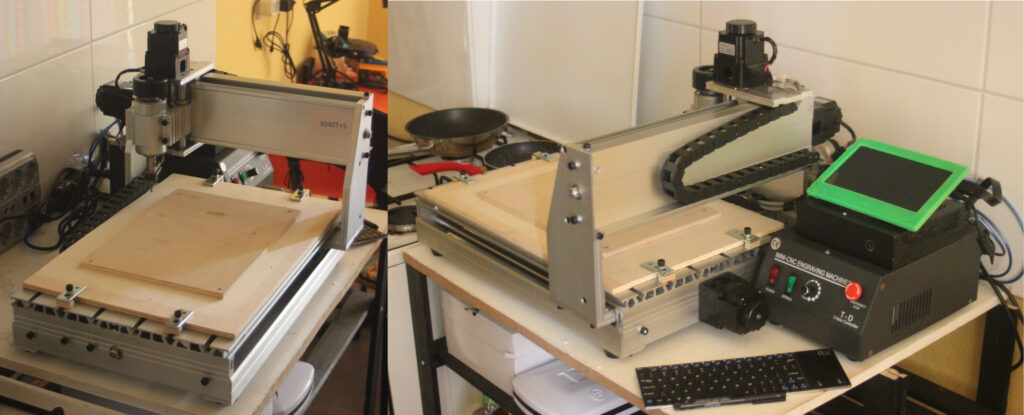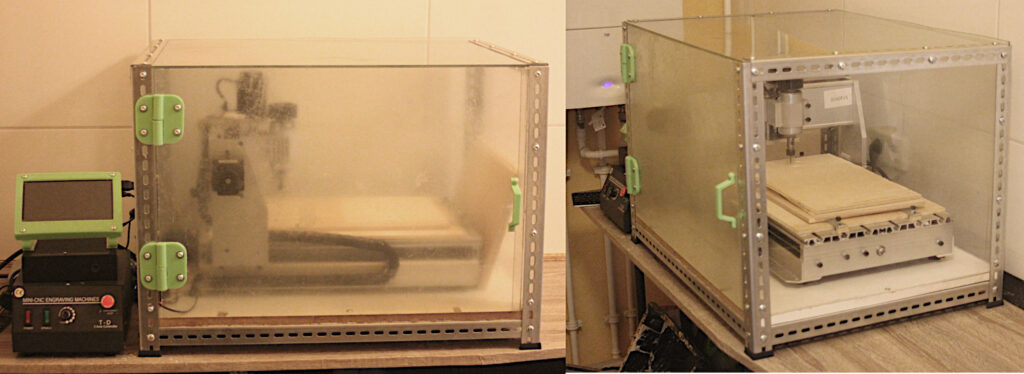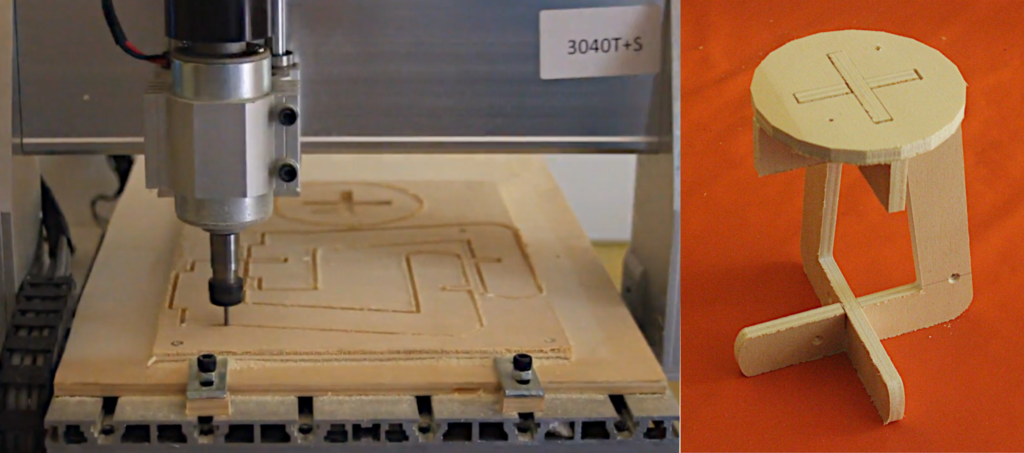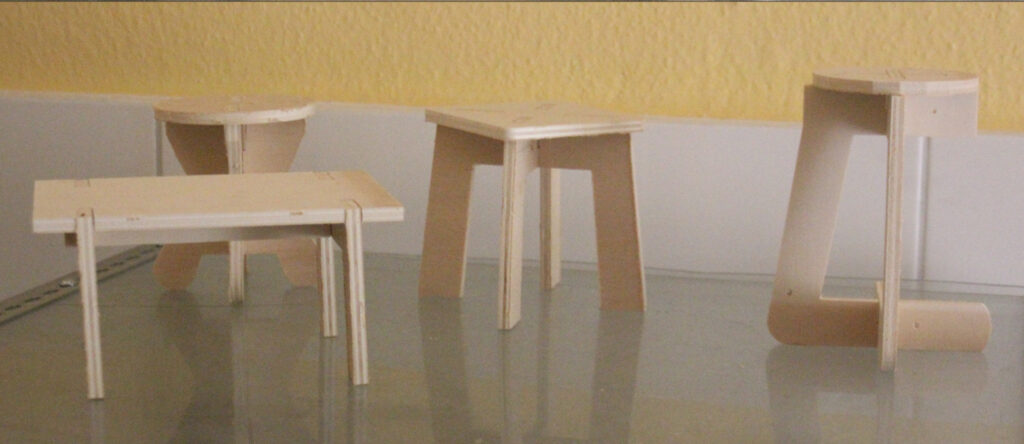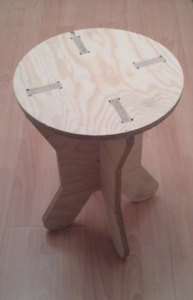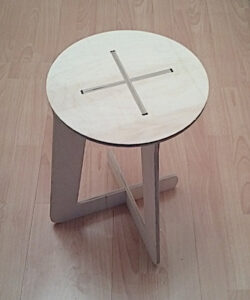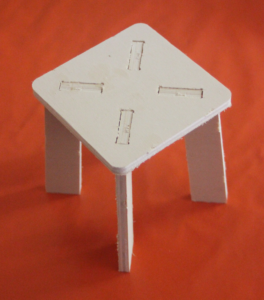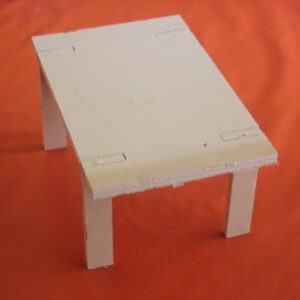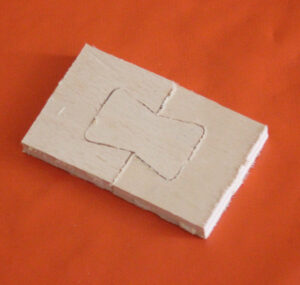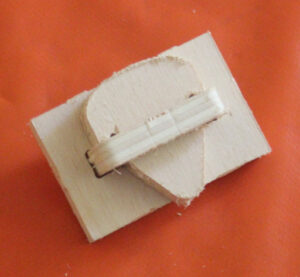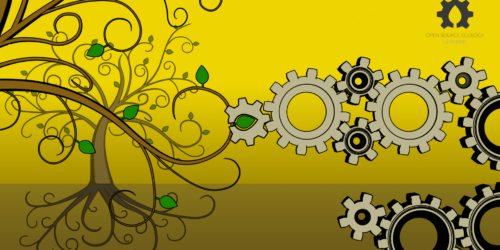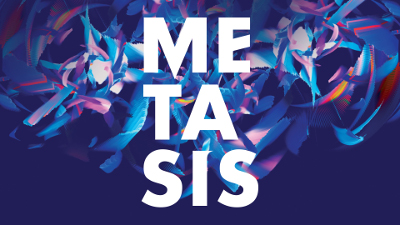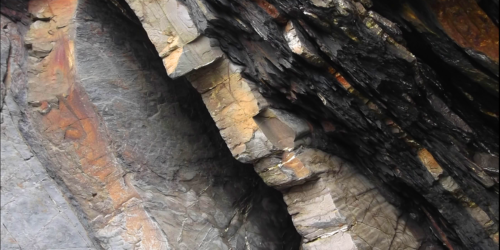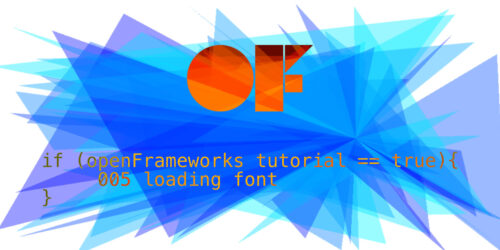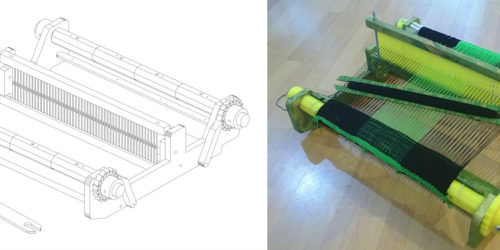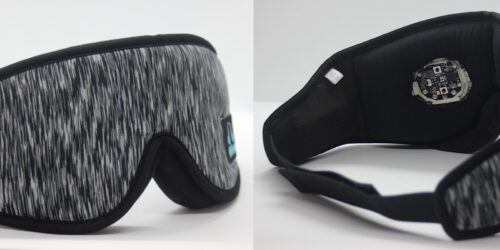LoD >> Library of Designs
Overview
LoD is an open source online database of parametric 3D designs written in OpenSCAD script language. Its focus is interior design, exterior design, household items, garden tools and house parts. The database is public accessible and searchable via a website.
The parametric designs can be used for the production of real objects through CNC machines, laser cutters, 3D printers and similar machines.
OpenSCAD, a special scripting language for CAD enables the creation of 3d shapes and blueprints.
3D Print examples
CNC CutOut examples
Objectives
The LoD supports a sustainable "grassroots" economy based on openess and sharing in the spirit of the open source and open hardware movements. The goal is to provide designs and a platform for their free exchange, fostering decentralized, communal production. LoT is concived to support this forms of production in a scalable fashion - from individuals and small groups to larger cooperatives and networks.
LoD is conceived to be a part of the circular economy and to enable the reuse of recycled wood and bioplastics.
LoD stores its parametric designs in the OpenSCAD format. OpenSCAD is a scripting language that resembles natural language, which means the script can be easily interpreted and modified.
This fact makes it possible to save the script on paper and to manually produce blueprints from these design scripts and create the final object without a computer. As a result, the Library of Things can be stored in book format.
The designs are interlinked, such e.g. a cabinet can have different cabinet door knob designs as options to choose from. These knob designs are independent designs, that have been used for the cabinet design.
The project as gitlab data structure allows the complete content of the LoD to be stored on an offline workshop computer controlling CNC machines and/or 3D printer.
GitLab is a web-based DevOps lifecycle tool that provides a Git repository manager providing wiki, issue-tracking and continuous integration and deployment pipeline features, using an open-source license, developed by GitLab Inc.
CNC Manufactory / 3D Print Shop
Towards Grassroots Economy
1. Community ↔ Webpage
-
Customers can search through designs. The designs are presented in a viewer port and can be changed through available parametric values like width, height, depth, thickness s.o., then downloaded them. These designs can be downloaded and taken/send to a maker station close by.
-
Since many designs consist of several individual parts (e.g. furniture with door knobs), the complete package of designs is downloadable as file package including all design files.
-
A special search option makes it possible to find specific designs or designers. One reason the LoT license is creative common license set to "by".
-
The site has a HowTo section, that offers tips and videos to make it easier for anyone to modify parametric designs and adapt them to their needs. A forum is part of the LoT web infrastructure as well, that handles Q&A.
2. Designer / Production ↔ Webpage
-
Designers, makers and/or producers can upload their designs and modifications of designs (new branch) through a form on its webbrowser page of there local LoT installation. They can merge there new entries and modifications with the main branch of the Library of Things online at any time.
-
Each account owner (free account to create collections and keep designer details for credits) opens an access to an educational section of HowTo. This includes instructions how to create OpenSCAD designs as well as implementation guides for various machines (e.g. CNC Router, 3D Printer, Plasma cutter, Laser cutter), as well as how to clone the entire LoT main branch to your local machine and how to handle update pulls of new designs.
-
Accounts owners get informed by email about new designs and other announcements from the crew, that maintains the main branch of LoT.
3. Webpage ↔ GitLab Server
-
Each new design, which is added by LoT webpage upload form will create a new folder with all meta data and design files and save it within the GitLab data structure.
-
In case of an update of a design, the data will be exchanged.
-
GitLab provides the information and data requested from the website, such as 3D previews, tutorials and data packages.
4. Database ↔ Webpage
The database serves as information storage. It will contain following data:
- Account owner profile data
- Most Information that has been given in form page of LoT browser interface
- Access connections or folder information in the GitLab system (links to design/s)


